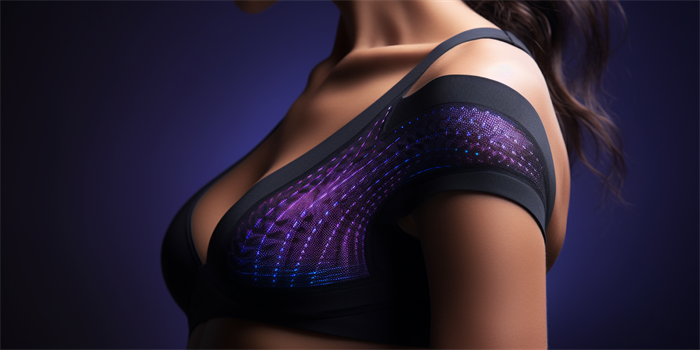Can I Eat Shrimp After Sientra Breast Implants in Cape Breton?
Undergoing breast augmentation with Sientra implants in Cape Breton is a significant decision that requires careful consideration of post-operative care. One common question among patients is whether they can continue to enjoy seafood, particularly shrimp, after the procedure. This article will delve into various aspects of post-implant diet, focusing on the safety and recommendations regarding seafood consumption.

Understanding Sientra Breast Implants
Sientra breast implants are known for their high-quality materials and advanced technology, which contribute to a safe and successful surgical outcome. These implants are made from a cohesive silicone gel that maintains its shape even if the implant shell breaks. This feature reduces the risk of silicone migration, which is a significant advantage for patients. Understanding the nature of these implants helps in comprehending the post-operative guidelines provided by healthcare professionals.
Post-Operative Diet Considerations
After receiving Sientra breast implants, patients are typically advised to follow a diet that promotes healing and minimizes complications. This includes avoiding foods that might increase the risk of infection or interfere with the implant's integration with the body. While seafood is generally nutritious and beneficial, certain types, such as shrimp, may pose specific concerns due to potential allergens and contaminants.
Allergies and Sensitivities
One of the primary concerns with consuming shrimp after breast implant surgery is the risk of allergic reactions. Allergies to shellfish, including shrimp, can cause symptoms ranging from mild itching to severe anaphylaxis. Given that the body is in a state of healing post-surgery, any allergic reaction could complicate recovery. Patients with known shellfish allergies should avoid shrimp and consult their surgeon for personalized advice.
Contaminants and Food Safety
Shrimp, like other seafood, can sometimes carry contaminants such as bacteria, viruses, and pollutants. These contaminants can pose health risks, especially in the early stages of recovery when the immune system may be compromised. Ensuring that shrimp is sourced from a reputable supplier and is properly cooked can mitigate these risks. Patients are advised to discuss their seafood consumption with their healthcare provider to ensure they are making safe choices.
Nutritional Benefits and Healing
Shrimp is rich in protein, omega-3 fatty acids, and essential nutrients that are beneficial for healing. Protein is crucial for tissue repair and regeneration, while omega-3 fatty acids have anti-inflammatory properties that can aid in recovery. Patients who do not have allergies or sensitivities to shrimp may consider incorporating it into their diet, provided it is part of a balanced meal plan recommended by their healthcare provider.
Consultation with Healthcare Providers
Ultimately, the decision to consume shrimp after Sientra breast implants should be made in consultation with a healthcare provider. Each patient's situation is unique, and factors such as individual health status, dietary preferences, and surgical outcomes can influence the recommendations. Healthcare providers can offer tailored advice to ensure that patients make informed decisions about their diet during the recovery period.
FAQ
Q: How long should I wait to eat shrimp after breast implant surgery?
A: It is generally recommended to wait until the initial healing phase is complete, which is typically around two weeks post-surgery. However, this timeline can vary based on individual recovery rates and surgeon's advice.
Q: Can I eat cooked shrimp, or should I avoid it altogether?
A: Cooked shrimp is generally considered safer than raw shrimp due to the reduction of potential contaminants. However, it is still essential to ensure that the shrimp is sourced from a reputable supplier and is properly cooked.
Q: Are there any specific seafood I should avoid after breast implants?
A: Patients should avoid raw or undercooked seafood, as well as any seafood to which they have known allergies. It is advisable to discuss specific types of seafood with your healthcare provider to receive personalized recommendations.
In conclusion, while shrimp can be part of a balanced diet, its consumption after Sientra breast implants in Cape Breton should be approached with caution. Consulting with healthcare providers and understanding individual health needs are key to making informed dietary choices during the recovery period.





